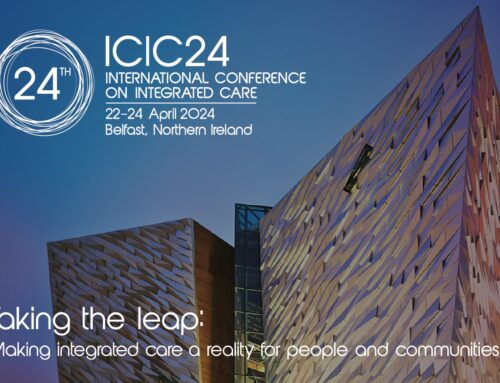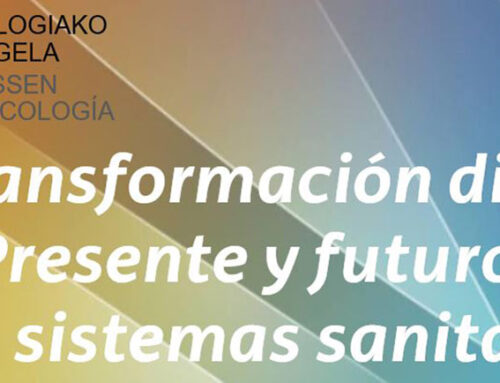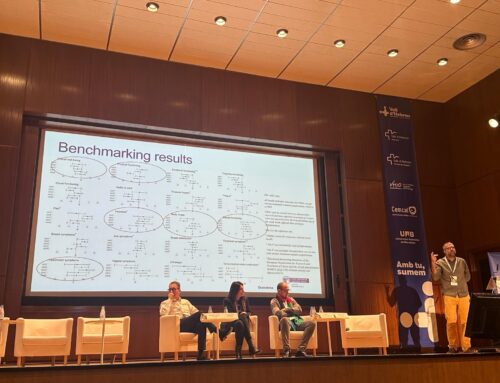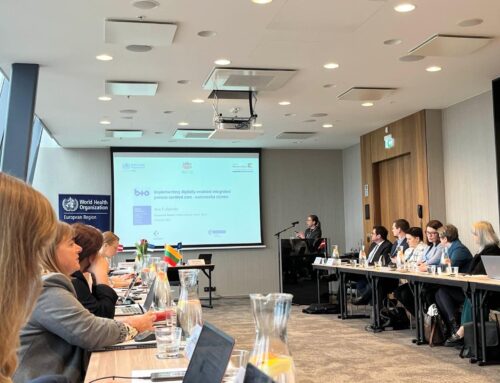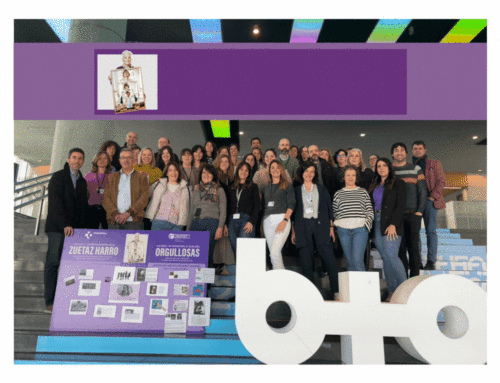Recruitment of adolescents aged between 12 and 14 years, who will be included in the health promotion and lifestyle modification programme, will commence in October.
The group-based intervention of the Pre-Start project Prevention Strategies for Adolescents at Risk of Diabetes, led by Dr. Itziar Vergara, the aim of which is to approach aspects related to a healthy lifestyle by concentrating on three basic pillars, namely diet, physical activity and emotional health, has commenced with the training of professionals from the participating organisations.
Primary care professionals from the participating organisations will have to identify 100 adolescents with risk factors for the development of type 2 diabetes and who present overweight and sedentary behaviour, who will be randomly assigned to two groups. The first, control group will receive standard follow-up and the second, intervention group will be included in a specific programme.
This programme is divided into two phases: the first and most intensive phase comprises eight educational sessions led by nutritionists, conducted over eight consecutive weeks, and the second, follow-up phase consists of reinforcement sessions to improve adherence to the programme (intervention months 3, 6 and 9). Two parallel working groups, one comprising the participating adolescents (12 per group) and the other comprising their parents (20 persons per group), will be created as part of the intervention.
This system uses cognitive behavioural and psychodynamic techniques to present topics such as the principles of a healthy diet, to increase physical activity, decrease physical inactivity, improve self-control, improve body image and communication and facilitate conflict resolution and assertiveness, amongst others. The programme also aims to enhance the awareness of parents regarding the problem of overweight in their children and the importance of lifestyle changes in the family setting.
All participants, both those in the control group and those in the intervention group, will be evaluated at the start and end of this pilot phase using validated physical activity (PAQ-A), sedentary activity (ASAQ) and dietary habits (KIDMED) questionnaires, along with a physical examination.
The results of this study will help to determine whether the intervention designed promotes lifestyle changes in the participating adolescents and their family setting.
If you would like to learn more about this project, click here.


